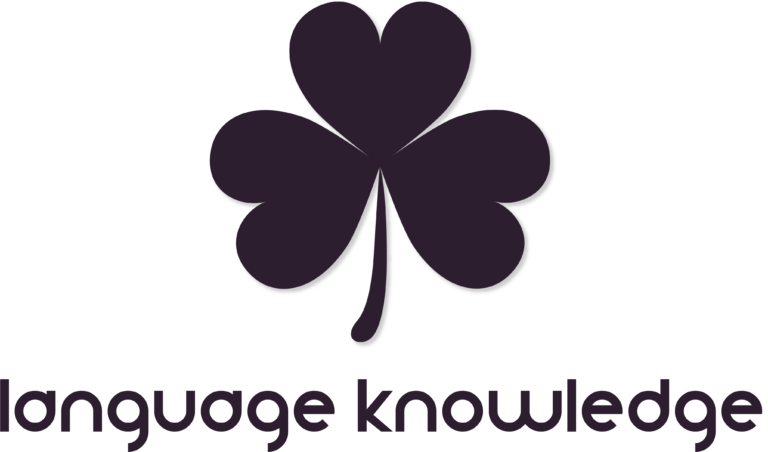Written by: Editor | Updated on: June 1, 2020 | Published on: July 6, 2017
Future 2 simple Tense
Future 2 simple Tense
Language Knowledge / English / Grammar / Future 2 simple Tense
Anzeige
Future 2 simple Tense: Usage
This describes an action that will take place at some point in the future.
? Future 2 simple formation
The regular formation of the Future 2 in English
Infinitive + “-ed“
The formation of the Future 2 in English is also easy. Because from a normal sentence, you just have to write a will have in front of your verb. You also have to attach an “-ed” to your verb. However, you must follow the correct English word order.
„did not“ + Infinitive
Likewise, the negation is very simple, because you only have to attach a “not” to your “will“.
Irregular:
However, there are many verbs that are needed for the formation of the normal sentence, which are irregular. While you are learning your vocabulary, you should also learn these “past participle” forms. In addition, you will usually find a list of important irregular verbs at the end of your book. In case you do not have: the 100 most important irregular verbs.
Anzeige
‼️ What is to be considered in the Future 2 in English!
Spelling:
1. Verb is at the end of consonant + “-y”:
Here, the “-y” becomes an “-i”:
- tidy becomes tidied
2. If the verb ends with “-e”
Thus, the formation of the simple past form, eliminates the “-e”:
- love becomes loved
- like becomes liked
3. If the verb ends with “-er”, “-ur” or “-ir”:
Thus, the “-r” doubles in the formation of the simple past form:
- prefer becomes preferred
4. If the verb ends with a consonant where there is a simple, short, stressed vowel:
Thus, this consonant doubles.
- stop becomes stopped
(Vowel = a, e, i , o, u)
Don’t be confused:
Basically, both “will not” and “won’t” express the same thing, you should only consider what intension is behind the text when you write.
Anzeige
2️⃣ Future 2 simple Tense examples
Normal sentence in the simple past tense
I learned.
A negative sentence in the simple past tense
I did not learn. / I didn’t learn.
A question sentence in the simple past tense
Did I learn?
? Signalwords
Unfortunately, there are no real signal words. However, it is clear that there is a time in the sentence.
You read: Future 2 simple Tense | Future 2 simple












